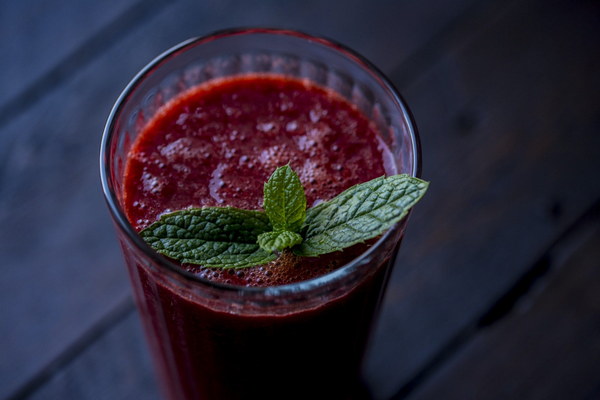Thinning the Mucus, Clearing the Lungs A Guide for Elderly Individuals Seeking Relief from Chest Congestion
Introduction:
As we age, our bodies undergo various changes, including the respiratory system. Many elderly individuals experience chest congestion, often caused by weakened lung function, allergies, or infections. This article aims to provide a comprehensive guide on how to thin the mucus and clear the lungs in senior citizens, offering natural remedies, lifestyle adjustments, and medical interventions to alleviate this common discomfort.
1. Understanding Chest Congestion in the Elderly:
Chest congestion in the elderly is characterized by the accumulation of mucus in the lungs, which can lead to difficulty breathing, coughing, and a general feeling of discomfort. This condition can be exacerbated by factors such as colds, flu, allergies, and chronic respiratory diseases like chronic obstructive pulmonary disease (COPD).
2. Natural Remedies for Thinning Mucus and Clearing Lungs:
a. Hydration: Drinking plenty of fluids, especially warm liquids like herbal tea or broth, can help thin the mucus and make it easier to expel.
b. Humidification: Using a humidifier in the bedroom can increase the humidity levels and help keep the airways moist, reducing the chances of mucus buildup.

c. Saltwater gargle: Gargling with warm saltwater can help soothe the throat and reduce inflammation, promoting the clearing of mucus.
d. Steam inhalation: Breathing in steam from a bowl of hot water can help loosen mucus and make it easier to cough up.
e. Herbs and supplements: Certain herbs, such as eucalyptus, ginger, and turmeric, have natural anti-inflammatory and expectorant properties that can help thin mucus and improve lung function.
3. Lifestyle Adjustments for Chest Congestion:
a. Quitting smoking: Smoking is a significant risk factor for chronic respiratory diseases and can exacerbate chest congestion in the elderly.
b. Exercise: Regular physical activity can improve lung function and help clear mucus from the airways.
c. Healthy diet: Consuming a balanced diet rich in fruits, vegetables, and lean proteins can support overall respiratory health.
d. Stress management: Techniques such as deep breathing, meditation, and yoga can help reduce stress, which can contribute to chest congestion.
4. Medical Interventions for Chest Congestion:
a. Bronchodilators: These medications help open up the airways and improve breathing, reducing chest congestion.
b. Steroids: In some cases, corticosteroids may be prescribed to reduce inflammation in the airways.
c. Antibiotics: If chest congestion is caused by a bacterial infection, antibiotics may be necessary to clear the infection.
d. Pulmonary rehabilitation: For individuals with chronic respiratory diseases, pulmonary rehabilitation programs can help improve lung function and reduce symptoms of chest congestion.
Conclusion:
Chest congestion is a common issue among elderly individuals, but it can be effectively managed through a combination of natural remedies, lifestyle adjustments, and medical interventions. By taking a proactive approach to respiratory health, senior citizens can reduce the discomfort associated with chest congestion and enjoy a better quality of life.









